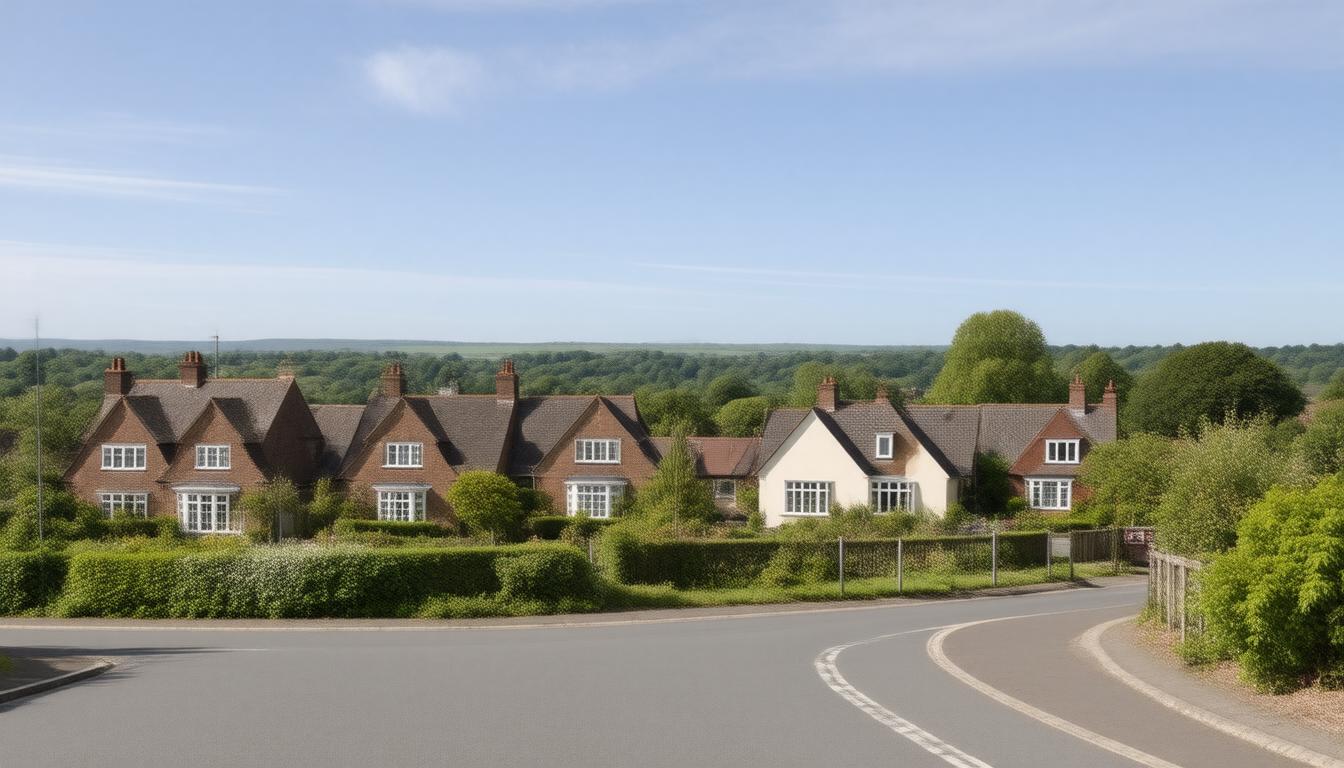In a recent decision that has stirred debate among residents, Caerphilly Council has approved plans to convert a family home into a House in Multiple Occupation (HMO) in Trecenydd. The decision, made on November 14, 2024, allows the current three-bedroom residence at 15 First Avenue to be revamped into a living space that accommodates four separate tenants. Despite objections raised during the planning meeting regarding potential parking issues and rising population density, the council backed the proposal with a vote of 14-2. This article explores the implications of HMOs in the local environment, detailing community concerns, the approval process, and existing regulatory measures designed to manage the impact of HMOs on neighbourhoods.
Key Takeaways
- Caerphilly Council approved the conversion of a family home into a HMO despite local concerns about parking and population density.
- The decision was supported by a majority vote of 14 to 2 from the planning committee.
- Regulations are in place to manage the number of HMOs in neighborhoods, although smaller HMOs may not require registration.
The Approval Process: Understanding the HMO Conversion
In November 2024, the Caerphilly Council approved the conversion of a three-bedroom family residence located at 15 First Avenue, Trecenydd, into a House in Multiple Occupation (HMO). This approval, passed by a majority of 14 to 2, allows the property to accommodate up to four tenants, despite concerns voiced by Councillor Greg Ead regarding the potential impact on the local area, particularly concerning parking availability and an increase in population density (Caerphilly News, 2024). The proposed conversion includes transforming the existing dining room into a fourth bedroom while ensuring there is allocated parking and bike storage through a shared driveway positioned at the side and rear of the property. While the Caerphilly Council enforces regulations to control the number of HMOs within neighborhoods to safeguard local services, it noted that smaller HMOs are not required to register, which may lead to underreporting in their counts. This ongoing response to the growing demand for affordable housing underscores the council’s commitment to balancing development with community needs.
Community Concerns and Regulatory Measures
Despite the planning committee’s decision, local residents have expressed their discontent and raised further issues about the implications of such developments on their community’s character. Concerns have specifically centered around increased traffic congestion, a reduction in available on-street parking, and the potential for noise disturbances from the additional residents. The council has stated that they will continue to monitor the effects of HMOs and ensure that any negative by-products are addressed. In an effort to maintain community welfare, Teather’s community group plans to hold a series of meetings to discuss these developments and explore options for residents to voice their concerns constructively. Meanwhile, the council’s housing strategy aims to tackle the local housing crisis, promising to involve community feedback in future planning decisions as they navigate the complexities of housing demands against neighborhood stability (Wales Online, 2024).





